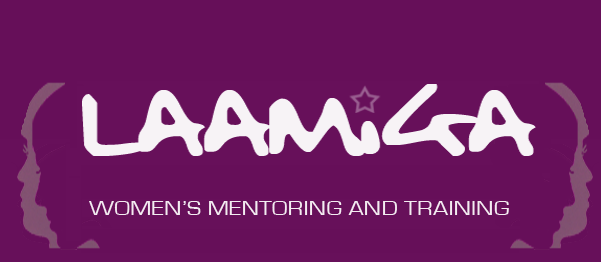Mary & Adeline
Mary came to the UK as a refugee at a young age, and when Adeline was assigned as her mentor, was studying for university entrance exams. Mary is a single parent, the first member of her family aspiring to attend university, and was finding it difficult to balance parental responsibilities with her ambition to improve her family’s life. She admitted many months later that she was “scared” to go to university and was overwhelmed by the challenges she faced.
Mary and Adeline agreed the key objective was managing her childcare needs to enable her to go to university and continue her self-improvement. Mary got a confirmed university place in London but decided that she would defer attending to the following academic year when her youngest would be in school full-time. Mary’s main obstacles to overcome were getting firm childcare arrangements in place and building up her confidence and self-esteem to enable her to go to university.
Towards the end of the deferred year, Mary began to rethink her university choices and considered doing a part-time course, but when her son fell ill and demanded all her time, Mary decided she would get a job instead. Her rationale was that her children needed her and were more important than her career. Adeline reminded her that there would be a limit to her career opportunities and rewards without a degree and she would still have to address her childcare needs if she were to go out to work. Adeline encouraged her not to make a final decision but to think seriously about the consequences of her actions on herself and particularly her children. She reminded her that the best gift she could give her children is education in its broader sense, which starts with her as a role model in their lives. Her children were very bright and happy and, yes, they would need her, but they could also be very independent and she needed to feel fulfilled to be happy for and with them.
Adeline realised at this stage that she had ingrained values about education, and life’s successes and failures, derived from her own upbringing, and she must NOT impose these values on Mary but support her positively. Adeline advised Mary to think about her decision over an eight-week period. During this time Mary met a family in a similar situation and the mother had completed a degree. Mary was most impressed and even jealous of their achievements and so changed her mind about attending university. And so, on 1 October Mary started at university on a full-time basis.
Mary has now completed nearly two terms at university; her attendance has been good, she has actively participated in class debates, and together with her mentor is planning her assignments and placements in the next 2-3 years. Most important of all, Mary has her childcare and backup arrangements in place, so this is no longer a topic of discussion at mentoring sessions. Her family are very supportive of her; her daughter announced proudly to her friends that her mother is studying at university! Mary’s comment was that if she had known that university study was going to be so doable, she would have done it a year ago.
Mary has learnt to believe in herself and her dream and has changed her attitude and approach to problem-solving. She now works through solutions methodically and with persistence to overcome obstacles, instead of allowing the problems to overwhelm her. Adeline’s role as a mentor is to travel the journey with Mary and to help her through the obstacles and barriers to achieving her ambitions or at least make them less daunting. There has been much learning for the mentor too; that flexibility of thought, patience, perseverance and very positive thinking is critical to a successful mentoring relationship. But most of all Adeline has learnt NOT to impose her values on another person and to appreciate the other person’s values and their upbringing for what they are. It has been a very fulfilling mentoring experience and Laamiga has been a key facilitator and support throughout.
If you would like to support the empowerment of women from minority ethnic, migrant and refugee backgrounds so that they can reach their full potential, you can make a one-off or regular contribution via the link below.
“If I had known that university study was going to be so doable, I would have done it a year ago.”
